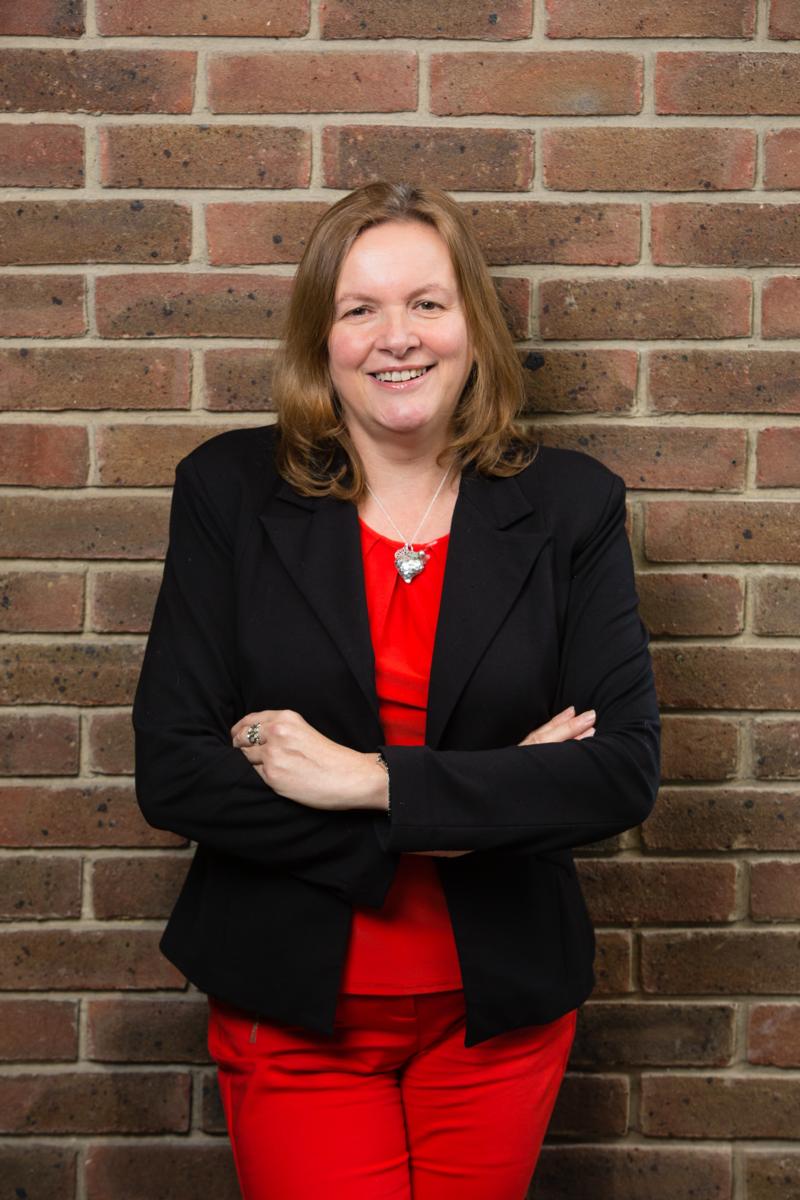This a profile from the 2019 version of the DataIQ 100.
To see the current DataIQ 100 please click here.
DataIQ 100
Helen Crooks, Chief data officer, Lloyd's of London

Path to power
I’ve been lucky to have a long career in data, culminating with my appointment as CDO at Lloyd’s in 2015, an especially exciting role which has allowed me to introduce both best practice and new technologies around artificial intelligence into a very traditional business. I am a data techie at heart, working for Oracle as the UK technical expert in the 1980s when it was rapidly growing and delivering a number of solutions for different industry areas. Having left Oracle, I worked as an independent specialist for around 15 years. It was during this time that I focused on business data strategies in retail, travel and telcos. This gave me a real insight into the opportunity for business growth from data. One of my career highs was working at dunnhumby as a start-up in the 1990s. I joined Clive Humby and Edwina Dunn, working out of their home to create the platforms that ultimately supported the launch of the Tesco Clubcard. As technical director, I was responsible for all of the technology platforms and data designs. Subsequently, I had lead roles at both Virgin Media and Tesco, being accountable for data strategy and customer data.
What has been the highlight of your career in the industry to date?
While my role in dunnhumby’s success was incredibly exciting, my recent work as data champion representing over 350 companies for the London insurance market is incredible. In 2015, a market coalition came together to create solutions for all firms to operate across the market more efficiently. It involved collaboration across all companies and data underpins the whole project. To succeed, we needed to centralise and share a mass of data across the market. I have led a number of initiatives: achieving a common data ownership framework essential for the electronic sharing of data (no small feat when you consider the scale of the task involved); creating an open-access digital market data glossary to standardise terminology; and conformed global messaging and API standards for the interchange of data.
If you could give your younger self some advice about how to progress in this industry, what would it be?
Be inquisitive and open to different elements of data. A career can be very exciting and will continue to develop given technological advancements. Don’t assume that you need to be a statistical whizz or a computer nerd - understanding the world around you and what makes people work is more what a career in data is all about.
Did 2018 turn out the way you expected? If not, in what ways was it different?
In many ways, yes. It was as predicted. GDPR came and went and, while it did raise the profile of data and its use/abuse/value, the predicted challenges over not being ready did not really get the press coverage. GDPR did take up a significant amount of our organisation’s budget and activity, but other investments in data quality, data accessibility and value exploitation were fruitful. We also started to see more rational discussion over the impact of AI, the different flavours and likely impact areas. Maybe the top of the hype curve has been reached and we’re now into real opportunities?
What do you expect 2019 to be like for the industry?
I believe 2019 will see further real examples of the benefits of both artificial and augmented intelligence, with much greater understanding and potentially tolerance where consumers and individuals benefit. However, data losses and cyber ransoms will continue to make headlines and all organisations need to vigilant and proactive in protecting their customers and brand.
Talent and skills are always a challenge to find - how are you tackling this in your organisation?
Finding skills in data science and analytics, where people have personal as well as technical skills, is always a challenge. We also find it hard to recruit people into the increasing area of data governance, where an understanding of business processes, compliance and data regulations is required. We’re tackling this in a variety of ways, from using specialist graduate training companies (who teach soft skills as well as technical skills), to ensuring that as many of the team are getting external exposure at events, showcasing what a great place Lloyd’s is to work.
What aspect of data, analytics or their use are you most optimistic about and why?
It may sound a little clichéd, but the use of data and analytics to resolve large-scale human challenges, whether healthcare or environmental problems, is becoming more fruitful and acceptable. While GDPR had a massive impact on our industry, it helped to get people understand that their data can be part of a wider, safer community of data for this benefit - which is a fantastic outcome.
Log in to read the entire article
Gain access to the entire article by logging in or registering for a free account here.
DataIQ is a trading name of IQ Data Group Limited
10 York Road, London, SE1 7ND
Phone: +44 020 3821 5665
Registered in England: 9900834
Copyright © IQ Data Group Limited 2024
We use cookies so we can provide you with the best online experience. By continuing to browse this site you are agreeing to our use of cookies. Click on the banner to find out more.